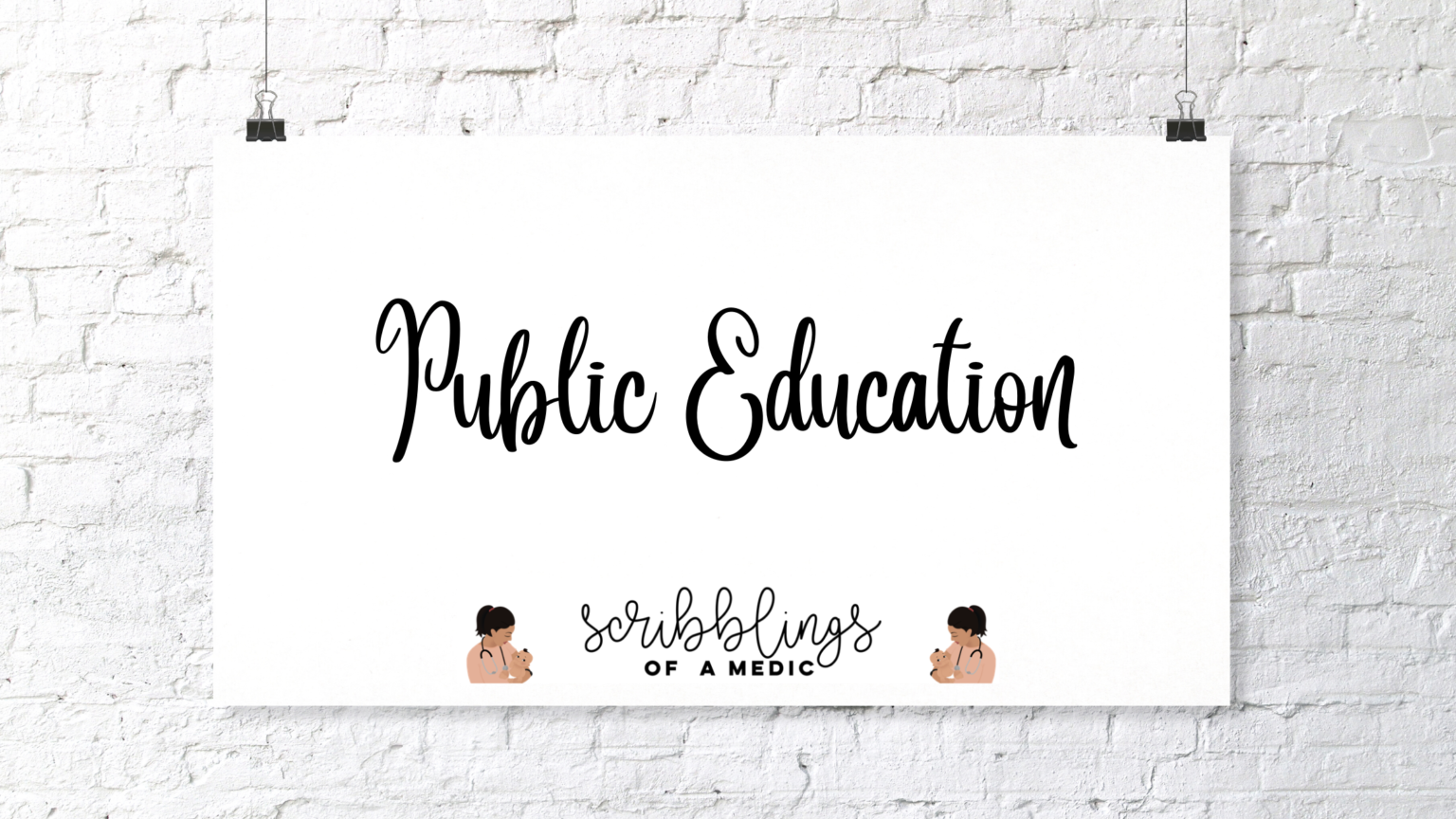So as a doctor, I get constant messages from my friends and family asking for medical advice. One of the most common requests I get is for advice on contraception whether it’s to calm down painful periods (dysmenorrhoea), to delay a period or for family planning purposes, the requests are endless. Contraception is still a big taboo subject in Sri Lanka (good lord people it’s 2018!), so I understand why I get so many messages asking for advice. It’s not easy to find an ObGyn who you can freely discuss this with. I am not an ObGyn doctor (nor do I want to specialise in it), but I loved studying women’s health in medical school and also interned at the Family Planning Association of Sri Lanka as a medical student so I know a thing or two about contraception.
So this is for my ladies who are curious about the different types of contraception out there. There are many methods out there, but I’ve only discussed some of the more popular methods below.
Disclaimer – You should always have a personal consultation with a doctor before starting on a contraception. It is a type of drug and as with all drugs there can be side effects and risks that can specifically affect you. Hence, these need to be discussed to find which contraceptive type suits you!
- The “magical” pill
Oral contraceptions have been around for eons, but still remain a popular choice of contraception. The basic jist of the story is that you take a hormonal pill every day at a particular time (put a phone reminder on!) for 21 days and then you have a small break through bleed. Some packets contain 7 more pills (i.e. dummy pills that may contain iron) so that it doesn’t mess with you remembering to take a pill, whilst other packets don’t contain any pills and so you have to make a mental note to start a new pack in 7 days.
The pills work by preventing eggs from being released, by making sure your uterus is not ready for pregnancy and by making your cervical mucus thick so no sperm gets through. In addition to all this, it also helps if you’ve got really painful periods and even is one of the treatment methods for acne. It has a pretty good rate of protection if you use it properly without forgetting.
The downside to taking the pills is that you have to remember to take it without fail (use a phone alarm!). Also the pills are hormonal and you can experience some side effects like mood swings and weight gain (as you feel hungry – if you don’t give into the hunger, this won’t be a problem). The more serious risk with pills is that there is a risk of blood clots forming and therefore you should always see a doctor before starting the pills as people who are overweight or smoke have a higher risk of getting clots.
You should ideally start the pill on the 1st day of your period and then take it everyday for 21 days continuously followed by a 7-day break if you’re on a 21 day pack where you will get a period (much lighter and less painful!). If you take the 28 day packs, you will get still get a period when you’re down to the last 7 dummy/iron pills. The next packet of pills start on the same day of the week, but remember every 28 days you should start a new pack if you wish to continue with the contraceptive pills. For advice when you have missed a pill, please click on the link.
- An implant below the skin
The subdermal implant is a common form of hormonal contraception used by women, especially those who want to space out the years between kids. They insert the 2 small rods under local anaesthetic into your inner arm so it is minimally painful and it lasts for 3 years. After 3 years the implant needs to be removed and you can re-insert a new one if you want to continue being on contraception.
The hormone prevents eggs from being released makes sure your uterus is not ready for pregnancy and thickens your cervical mucus. It has very low failure rates, but as it is a hormonal method you do may experience some side effects such as spotting, nausea, vomiting and breast pain. With the hormonal methods there is a small increased risk with breast cancer (as there is with the pill) so if you have a family history of breast cancer this or any other hormonal method is not for you.
It takes about 7 days for the implant to become effective so you need to use an additional contraceptive method for the 1st seven days, but the implant can be inserted at any time during your cycle.
- Good ol’ condoms
So condoms are probably the most common type of contraception used, and they’re freely available everywhere. I don’t think much needs to be said about it because its not a difficult method. It’s great if you don’t want any hormonal methods and it also is one of the few methods that can protect you from sexually transmitted diseases as it is a barrier method.
It has a very low failure rate (failures occur due to incorrectly using it even though it is pretty easy to use) and no serious side effects (unless you have a latex allergy). Male condoms splitting is extremely rare.
- A pill to delay periods
Nothing is more annoying than expecting your period when you’re supposed to take an important exam or go on a trip. If you’re on the oral contraceptive pill then you can simply just start a new pack back-to-back without taking a seven day break.
If you’re not on the oral contraception pill, there is another pill that exists called norethisterone. The pill needs to be commenced 3 days prior to the date you expect your period and is taken for 2-3 days. After this you will have a period. This pill cannot and should not be taken continuously, but should be used only for special events.
This is a hormonal tablet and so there is a risk of clot formation, and you may experience symptoms such as nausea, vomiting, breast pain and bloating.
- The emergency pill
This pill (Postinor-1 or Postinor-2) is most effective if taken within 72 hours of unprotected sexual intercourse (the sooner you take it within the 72 hours though, the more effective it is). It is taken as a single tablet or as two tablets taken 12 hours apart. Again it is a hormonal method and you will experience certain side effects such as nausea, vomiting, bloating, e.t.c. It is not advisable to use this method regularly. It has a high efficacy rate, but cannot be taken with certain medication and hence it is advisable to always ask a doctor before taking this medication.
There are many more contraceptive methods (the intrauterine device, the 3 monthly injection) and I’ve just touched on a few of the popular methods used. Natural methods such as the rhythm method is also used, but it is not 100% reliable and has a high failure rate. The time at which you ovulate can change with each cycle and so this is not a recommended method. There are more permanent methods out there as well if that’s what suits you, but just know that the Sri Lankan law has some rules around sterilisation (i.e. your spouse and a consultant ObGyn needs to sign off on it!). The methods mentioned above are all hormonal and so require consultation with a doctor prior to commencement. You will also need a prescription for some of the medication.

The Family Planning Association of Sri Lanka has a helpline as well as offers consultations not just on contraception, but on any obstetric/gynaecological issue. They also offer counselling sessions and do some investigations in-house including ultrasound scans. Family planning methods can also be purchased at their pharmacy or from the ‘vendom’ which is a condom vending machine for anyone who would like to purchase condoms without the pharmacy stigma. They also offer treatments for sub fertility such as intra-uterine inseminations. I have interned at the FPA Sri Lanka during my medical school years and know for a fact that they do some amazing work by providing family planning advice and methods for free to those who can’t afford it.
P.S. Due to the social media ban in Sri Lanka this past week I haven’t been able to access the contraception photographs which my GynObs colleague sent me so please bare with me.





